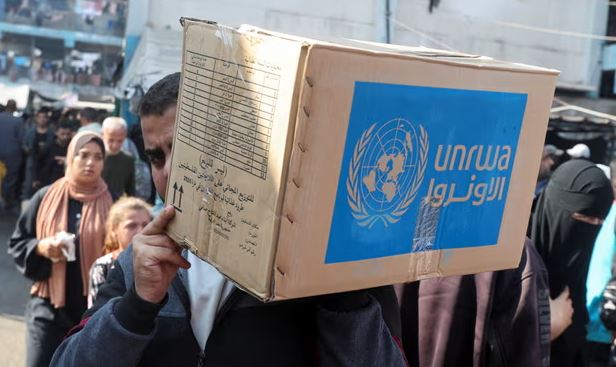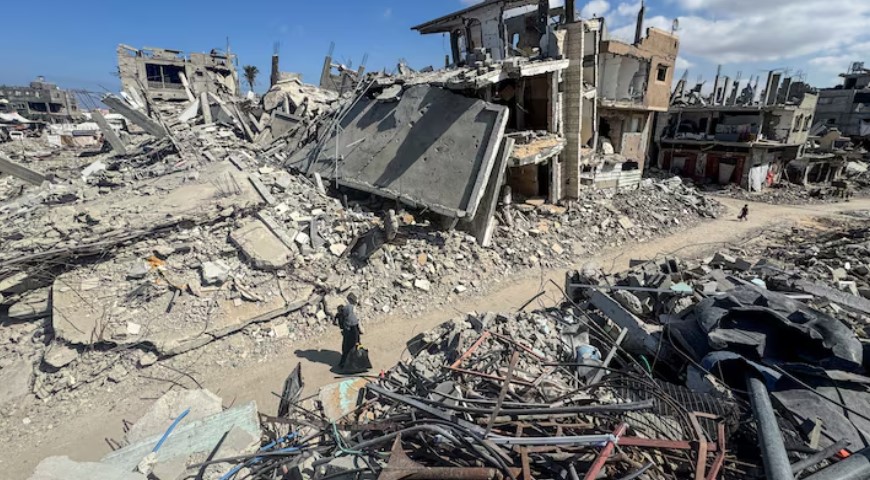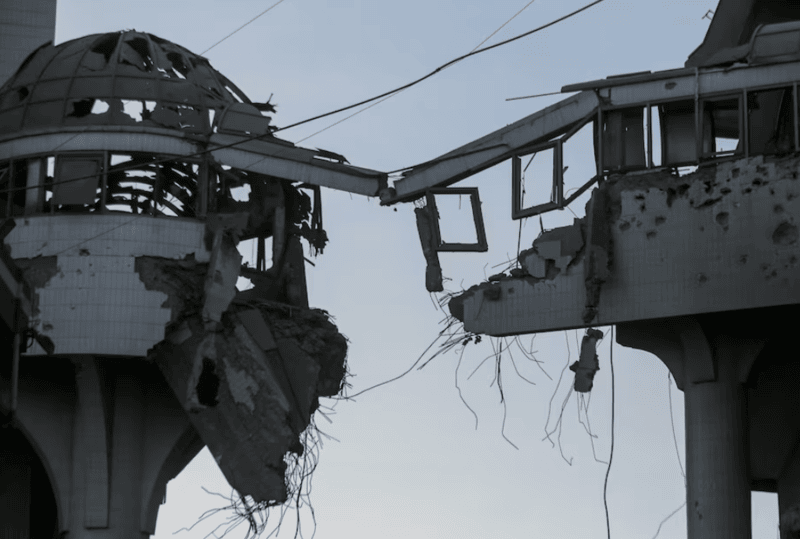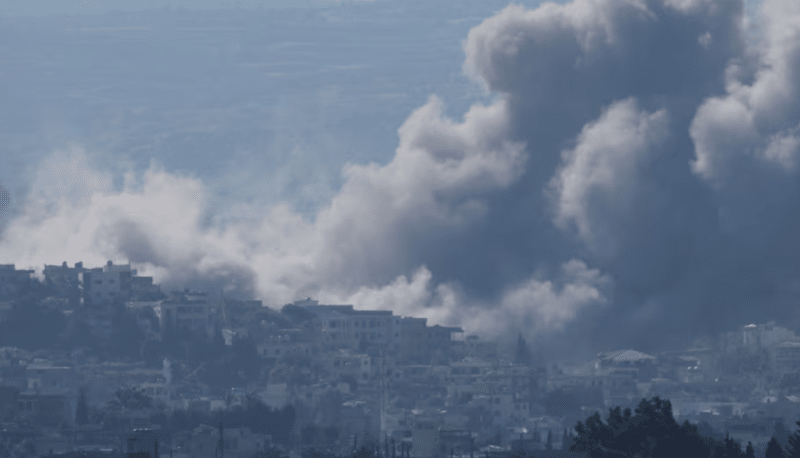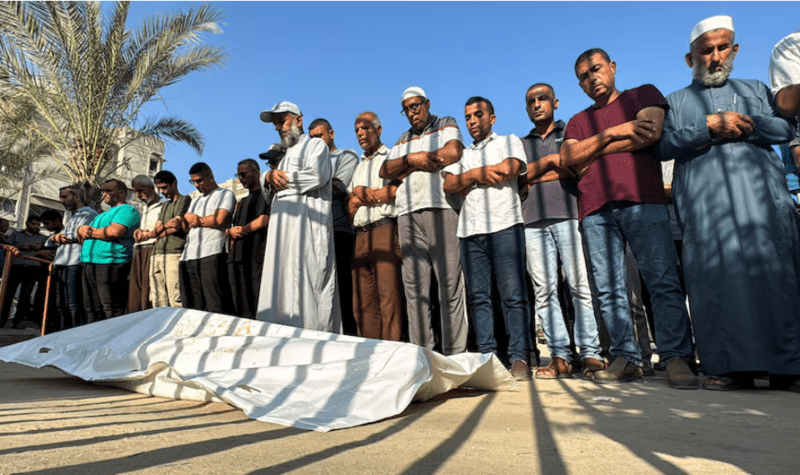Amid war and deep hunger, Gaza fisherman struggle to feed families
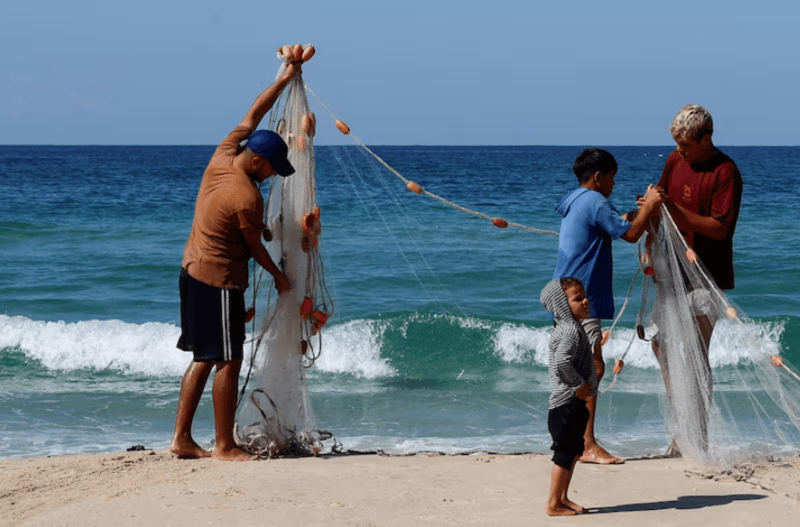
By Reuters |
Fishing was an important part of daily life in Gaza before the war, helping people eke out a living by selling their daily hauls in the market and feed the population.
After over a year of war in Gaza, Palestinian fishermen gather along the coastline, desperately casting their nets in hopes of catching enough for their families amid widespread hunger.
Since Israel began a military onslaught in Gaza, Israeli restrictions in the waters off the enclave have made life almost impossible for fishermen, who no longer sail out to sea and instead must stay by the shore.
Keep reading
In Khan Younis, Ibrahim Ghurab, 71, and Waseem Al Masry, 24, fish for sardines from the shoreline in front of a encampment of tents and makeshift shelters for those displaced by the war.
"Life is difficult," Ibrahim said. "One tries to secure food. There is no aid, we don't receive anything anymore. In the beginning, there was some (humanitarian) aid, very little, but now there is no more."
Fishermen like Ibrahim and Waseem struggle daily to bring in even a modest catch to feed their families. There is rarely any fish left over from a daily haul to be sold to others.
Fishing was an important part of daily life in Gaza before the war, helping people eke out a living by selling their daily hauls in the market and feed the population.
But scant aid is reaching Gaza amid Israeli restrictions and frequent fighting, and many people have no income. The price of simple goods are largely out of reach for most.
"We have to come here and risk our lives," Waseem said, describing shootings by the Israeli military from the sea that he accused of targeting fisherman on the beach in Khan Younis.
Ibrahim similarly said that Israeli military boats had fired upon fisherman at Khan Younis.
The Israeli military did not respond to Reuters requests for comment on the claims the military had shot at fishermen.
Israel's retaliatory war against Hamas has devastated densely populated Gaza and displaced most of the 2.3 million population.
Reader comments
Follow Us and Stay Connected!
We'd love for you to join our community and stay updated with our latest stories and updates. Follow us on our social media channels and be part of the conversation!
Let's stay connected and keep the dialogue going!








